What to do after a hurricane? Essential steps to stay safe and recover quickly
Hurricanes are some of the most devastating natural disasters known to man. Preparing before and during a hurricane is essential. However, What to do after a hurricane? Knowing these guidelines is also crucial to protect your property and keep you and your loved ones safe and secure.
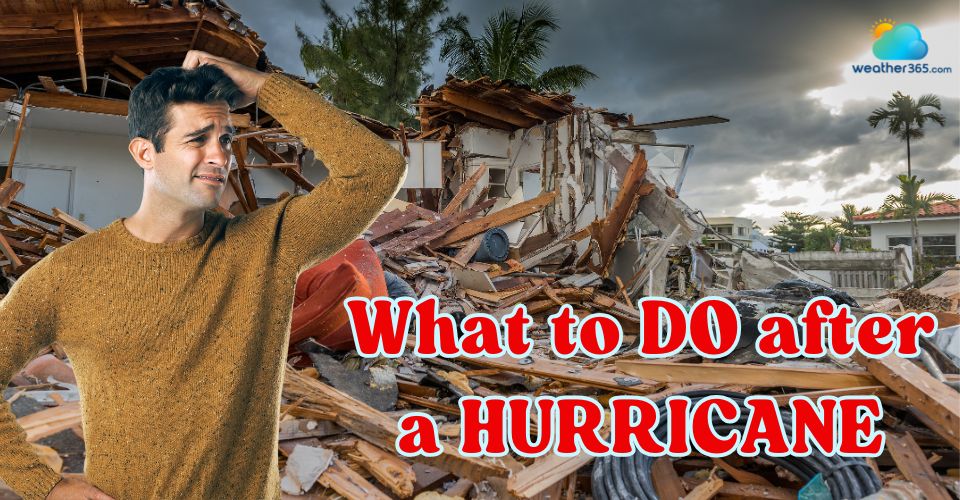
What should to do after a hurricane
Immediate safety first
When a hurricane finally passes, the immediate danger might seem over, but new risks often emerge.
It's crucial to prioritize safety first, as the aftermath can present unforeseen hazards.
Here are some immediate safety first actions:
Stay Indoors Until Officially Declared Safe
-
Until local authorities or weather agencies announce that the storm has passed entirely and it is safe to go outside, stay inside your house/ shelter. DO NOT go outside when you see the quiet, clean sky. Maybe you are in the storm's eye. It can produce a false sense of peace even when hazardous gusts are still on the horizon.
-
For official updates and directions, watch the local news on TV, websites, or the local radio.
Beware of Post-Storm Hazards
The period immediately following a storm is often fraught with hidden dangers, making it critical to be aware of post-storm hazards.
-
Downed power lines: Assume that every downed power line is active and highly dangerous. Keep a safe distance and notify your electricity provider or emergency services right away.
-
Floodwaters: Avoid driving, swimming, or walking in floodwaters. You can be knocked down by just six inches (15 cm) of flowing water. With one foot (30 cm) of flowing water, your automobile can be washed away. Floodwaters can also contain chemicals, raw sewage, submerged electrical wires, wildlife (insects, snakes), and hazardous waste (sharp objects, broken glass).
-
Damaged Structures: Be careful when around buildings because potential risks are available, such as falling objects, weak walls, bridges, and potentially collapsing walkways. Do not go to damaged buildings until a professional has evaluated and deemed them safe.
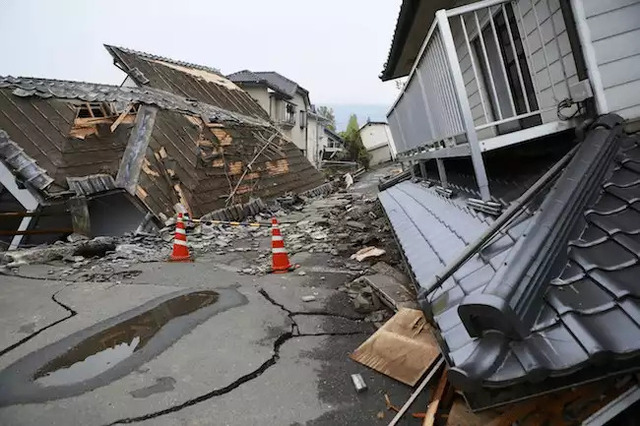
Be conscious of danger when around unstable buildings
-
Gas Leaks: Open a window or door (if safe) and leave right away if you smell gas or hear a hissing sound. If it is safe in your ability, turn off the gas supply at the main valve. Then, from a safe distance, such as a neighbor's house, phone the gas company. Avoid using phones or electrical switches near gas leaks.
-
Broken Glass and Debris: When moving around your home, put on protective gloves and sturdy, closed-toe shoes.
-
Wildlife: Keep in mind that several animals, such as insects and snakes, may take refuge in houses or trash. Be careful.
Communication and Information
Keep an eye out for updates from official sources.
Continue using a hand-cranked or battery-operated radio because power outages are very likely to occur.
For vital information about reentering evacuated areas, current safety alerts, available aid programs, and any residual threats, this is your lifesaver.
Your most trustworthy sources are the local media and emergency management representatives; stay away from rumors and unconfirmed information that are spreading through other channels.
After you've made sure that you're safe, try to get in touch with loved ones to let them know you're alright.
Cellular networks may become overwhelmed or broken after a big disaster, making phone calls challenging or impossible.
If feasible, use social media or text messaging to inform loved ones, particularly those who live outside the impacted area.
Here is the list of Emergency Contact Numbers you should save on your phone or write in notes:
|
Emergency contact numbers |
Meaning |
|
911 |
Life-threatening emergencies (police, fire, medical) |
|
988 |
Suicide & Crisis Lifeline ( mental health crises) |
|
1-800-222-1222 |
Poison Help Hotline (American Association of Poison Control Centers) |
|
1-800-985-5990 |
Disaster Distress Helpline (for emotional support during/after natural or human-caused disasters). |
|
Water company |
|
|
Power company |
|
|
Insurance company |
Assessing Your Home and Property
What to do after a hurricane has passed? Let’s check your home and property.
Proceed with extreme caution as you inspect for damage, remembering that hazards may not always be immediately visible.
It's critical to put your safety first after a hurricane. Inspect your house carefully from a safe distance before you approach it.
Check your roof, walls, and foundation from a safe distance for any visible structural damage.
Look for any leaning trees or branches that might suddenly fall down.
Before any cleanup starts, take numerous pictures and videos of your home and belongings to fully document any damage.
For your insurance claims, this visual proof is vitally important.
Make a complete list of all the damaged items at the same time to bolster your claim.
Utility safety also becomes a critical concern.
-
Electricity: If you notice sparks, frayed or broken wires, burning insulation, or standing water near outlets or appliances, switch off the main breaker or fuse box right away (as long as it's safe to do so without standing in water). If not, call an electrician.
-
Gas: Turn off the main valve right away and notify your gas provider if you smell or hear a hissing sound that indicates a gas leak
-
Water: If pipes are broken, call the water company and always assume that tap water is dangerous. Until local authorities deem the supply safe, use bottled water for cooking, drinking, and tooth brushing, or boil it for at least three minutes.
-
Food and water safety: Be cautious about the safety of food and water: throw away any food touched by floodwaters, and remove perishables from freezers after 24 to 48 hours or from refrigerators if power is lost for more than four hours. Keep in mind the rule, "When in doubt, throw it out!".
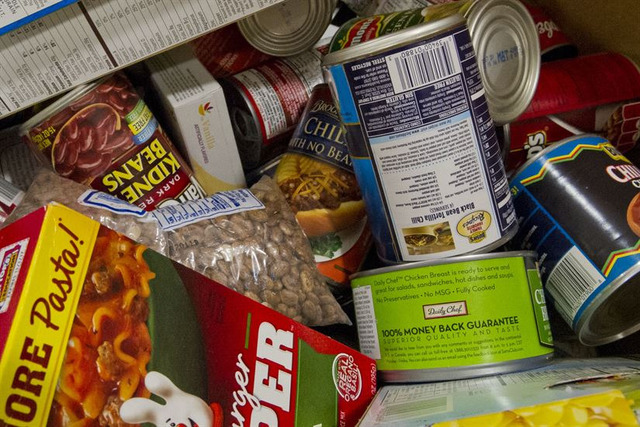
Throw any food touched by floodwater
Clean-up and Recovery
After ensuring immediate safety and assessing initial damages, the challenging yet crucial phase of clean-up and recovery begins.
This period involves more than just physical repairs; it's about systematically addressing the aftermath of the storm, from clearing debris and sanitizing affected areas to dealing with insurance and starting the rebuilding process.
It requires patience, careful planning, and often, community cooperation to safely and effectively restore homes and lives to normalcy.
First and foremost, protect yourself during cleanup. Always wear appropriate protective clothing: long pants, long-sleeved shirts, sturdy closed-toe shoes or boots, and work gloves.
A mask is essential, especially when dealing with dusty debris or potential mold growth.
Avoid overexertion by taking frequent breaks, and if possible, work with a buddy.
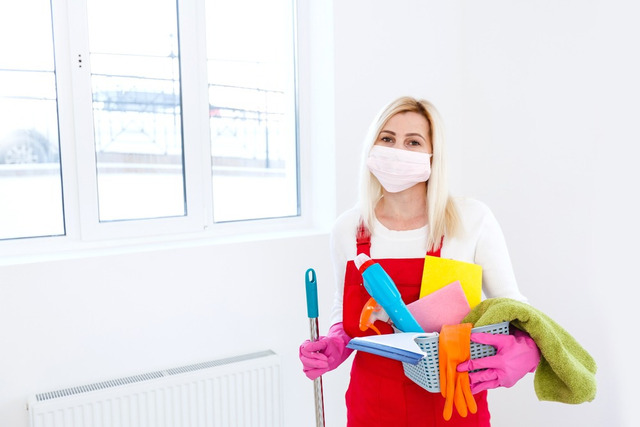
Clean your house after a hurricane
Next, prevent mold growth as quickly as possible.
If your home experienced flooding or significant water intrusion, begin drying it out immediately.
Open windows and doors if it's safe to do so for ventilation.
Once power is restored, use fans and dehumidifiers to accelerate the drying process.
Crucially, clean and disinfect all wet surfaces within 24-48 hours to inhibit mold from taking hold, as mold can pose serious health risks and cause extensive property damage.
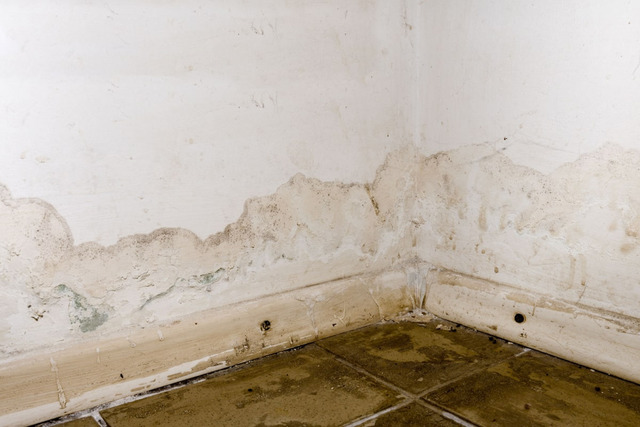
Prevent mold after a hurricane
For immediate protection, consider temporary repairs. If your home sustained damage like a broken window or a hole in the roof, make temporary fixes using materials like plastic sheeting or tarps.
These quick repairs are vital to prevent further damage from subsequent rain or to deter looting.
Always keep detailed receipts for all temporary repairs and any other expenses incurred during this phase, as these will be essential for your insurance claims.
Contact your insurance company as soon as it's safe and feasible. Report your damage promptly and meticulously follow their instructions for documenting losses and filing claims.
It's critical not to make permanent repairs until your insurance adjuster has had the opportunity to assess the damage unless it's an urgent safety issue that cannot wait. Comprehensive documentation is key to a smooth claims process.
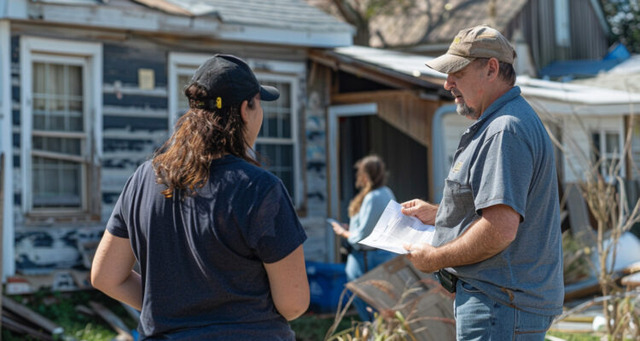
Contact your insurance to report damages
Mental Health
After experiencing a hurricane, it's completely normal to feel a wide range of emotions, including stress, anxiety, sadness, or even anger.
The emotional toll of a disaster can be significant, and recognizing these feelings is the first step toward healing.
Connecting with family, friends, and community members can provide invaluable support; sharing experiences and helping each other through the recovery process fosters resilience.
If you or someone you know is struggling with mental health issues, such as prolonged feelings of hopelessness, severe anxiety, or difficulty coping, don't hesitate to seek professional help from mental health professionals or crisis hotlines.

People can get mental health after a hurricane
Knowing more hurricane safety tips with Weather365
Conclusion
What to do after a hurricane? Remember that safety is the first and foremost priority. Before taking any actions, stay inside until hearing from forecasters and local authorities about when the threat has passed. Beyond the physical tasks, acknowledging and addressing your emotional well-being and connecting with your community are equally vital steps. By following these guidelines, you can recover in the best way after the devastating disaster.

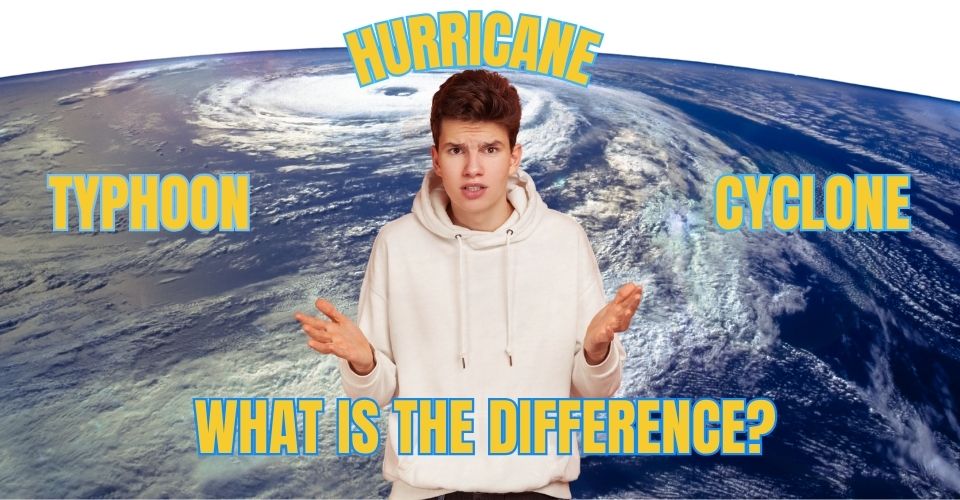
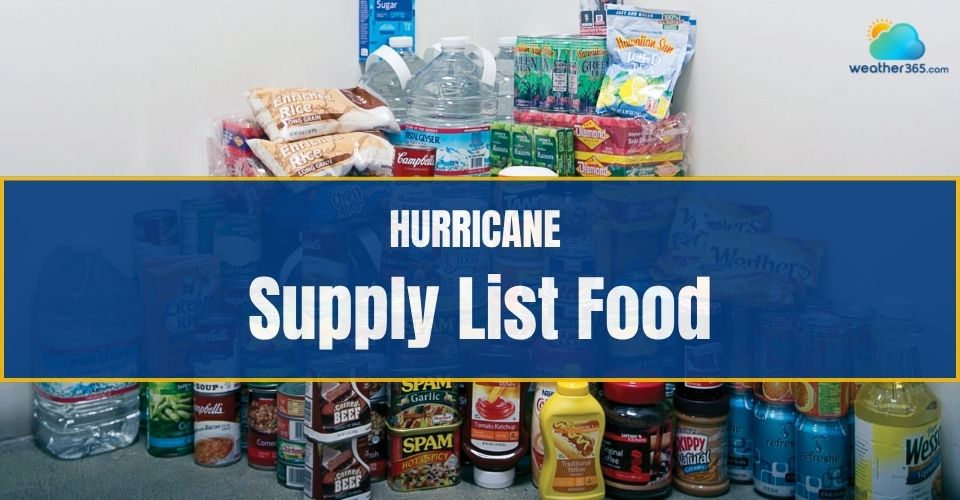
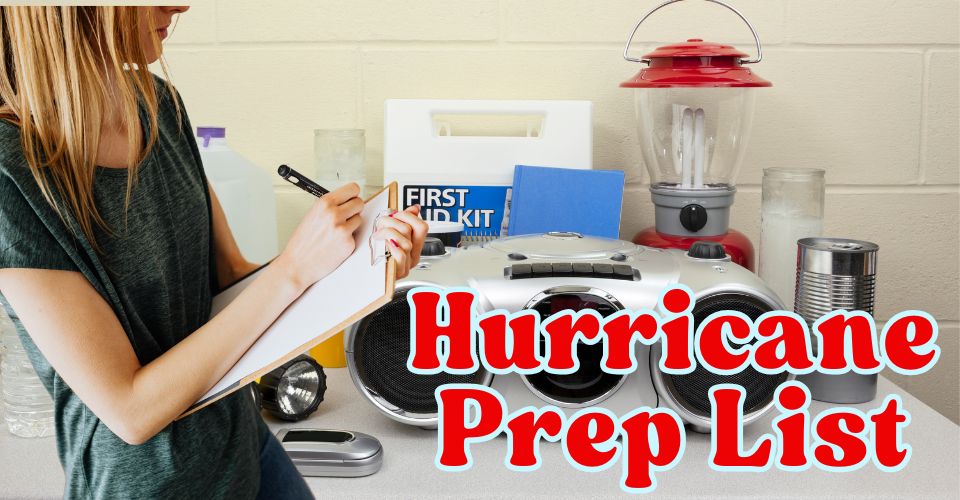
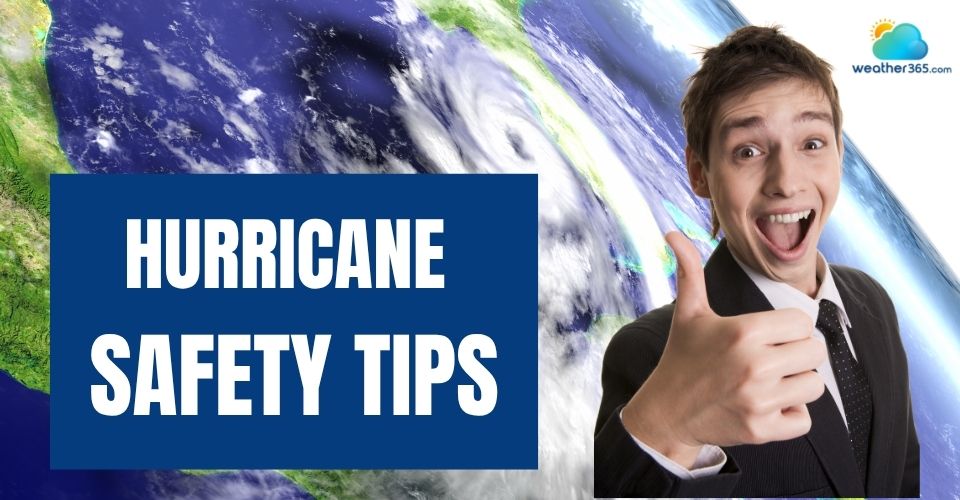
0 Comment
Leave a comment
Your email address will not be published. Required fields are marked *